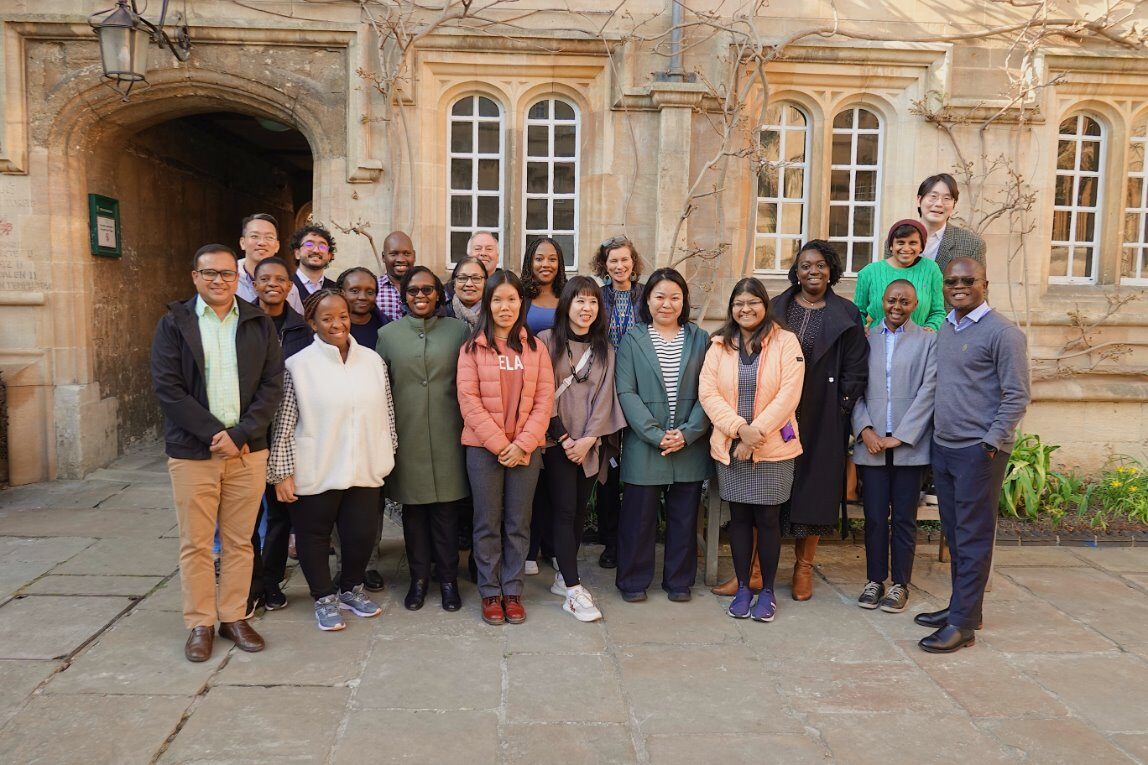The kick-off meeting for the Moral Distress Frontline Staff Network was organised over two and a half days, gathering professionals from the UK, Nepal, Bangladesh, India, Malawi, Kenya, Zimbabwe, Thailand, Sierra Leone, and Vietnam—each committed to improving the experience and well-being of frontline research staff working in resource-constrained settings.
Complex emotions tied to frontline workers’ work were expressed visually through rich pictures and fishbowl activities, revealing striking commonalities despite the participants’ diverse backgrounds and geographies. Sessions such as “Caught in the Middle” were opportunities for participants to talk about their daily unique challenges that often to be unaddressed including institutional constraints and emotionally charged decision-making.
Potential support interventions, such as peer-to-peer mentoring, safe spaces for reflection, and context-specific ethical guidance, were discussed, emphasising the importance of co-design and localised solutions.
The meeting also launched a Participatory Action Network that would lay the foundation for an inclusive community of practice, focusing on moral distress, an aspect usually overlooked in global healthcare research. Participants agreed that moral distress intervention efforts must be both evidence-based and empathetic, sensitive to local realities.
The network, ROOTs (Rethinking Organisational Opportunities to Tackle Moral Distress among Frontline Staff*), prioritises dignity, emotional resilience, and fairness for frontline staff, would include the organisation of webinars, development of guidelines and manuals, implementation of training programs, and initiation of collaborative research projects.
This meeting is the shared commitment aiming for meaningful change in how research institutions support those at the frontline.
The meeting and other activities to support healthcare and frontline workers are part of OUCRU’s Public and Community Engagement group’s visions. As a research unit, OUCRU works with health professionals across various settings, witnessing and understanding their challenges firsthand. Through our engagement programmes—including capacity building and networking—we aim to contribute to address their professional obstacles, enhance local healthcare performance, and improve the overall health experience for everyone.
Read more about our Engagement to Support Healthcare Workers and in Hospitals programme here.





